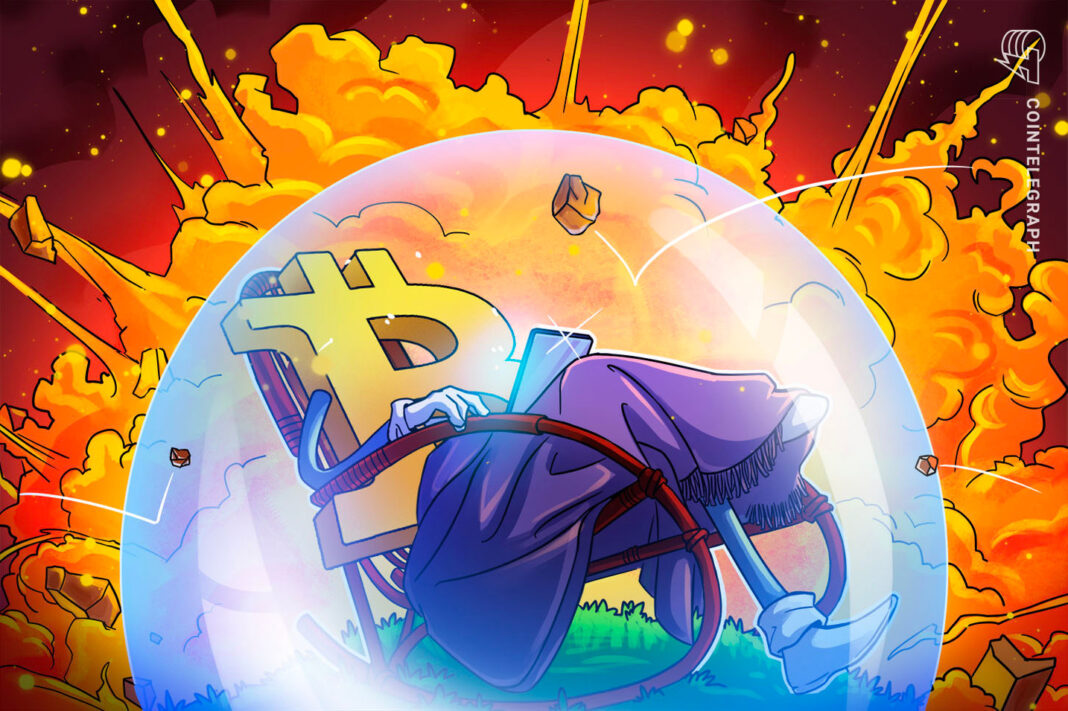Institutional investors will play an important role in securing the future of cryptocurrencies like Bitcoin (BTC), according to Erik Voorhees, CEO and founder of ShapeShift.io.
In a panel discussion at this year’s LaBitConf, Voorhees said Bitcoin’s adoption curve will grow substantially over the next five to ten years. In that time, Voorhees estimated that half the world could have exposure to BTC. He believes that mass adoption will occur much later, however, once Bitcoin becomes the global monetary standard.
The panel was virtually unanimous in the view that Bitcoin is better served with entities of different persuasions buying and holding BTC. In this vein, institutional adoption is a net positive for the ecosystem because it ensures that the rules of the game never change and that governments don’t try to interfere.
Voorhees said governments have a greater incentive to censor Bitcoin if it’s used primarily by retail investors. With large institutions in play, there may be a natural “bulwark” against government overreach.
Regarding Bitcoin, Voorhees noted his belief that “The greater the mix and diversity of holders, the better,” before continuing “Democratization of control over money is the essence of Bitcoin.”
Although Voorhees says we are still in the very early stages of institutional adoption, 2020 has been a watershed year for the digital asset in terms of orthodox acceptance. Major investors like Paul Tudor Jones and Stanley Druckenmiller have confirmed their stake in Bitcoin, while Paypal and Cash App are buying up most newly mined BTC.
Meanwhile, digital asset manager Grayscale continues to amass Bitcoin and Ethereum (ETH) amid record inflows into its funds.
Paypal and Cash App are buying up most newly mined BTC that’s occurring almost in lockstep with the latest deflationary halving event. With supplies capped at around 900 BTC per day, institutional adoption appears to be having a positive impact on price discovery.
In Voorhees’ view, the real surge in institutional interest will occur near the peak of the next bull market when not owning Bitcoin will inflict reputational damage.
Higher prices are no issue for major institutions, many of which are waiting for Bitcoin to “catch up to their liquidity,” according to Voorhees.








